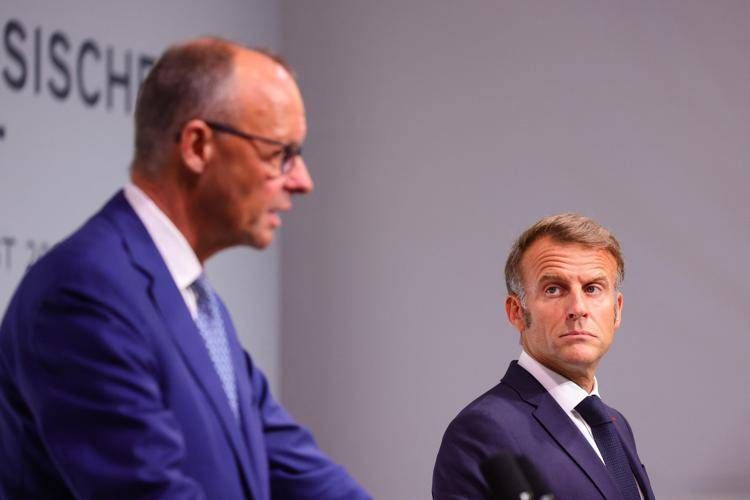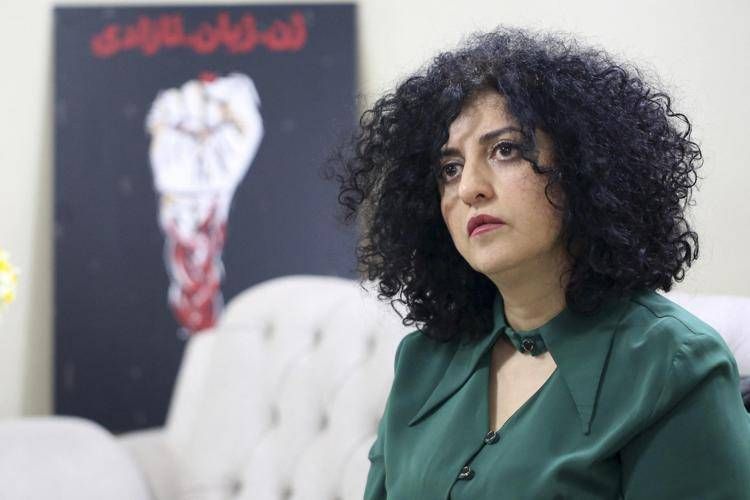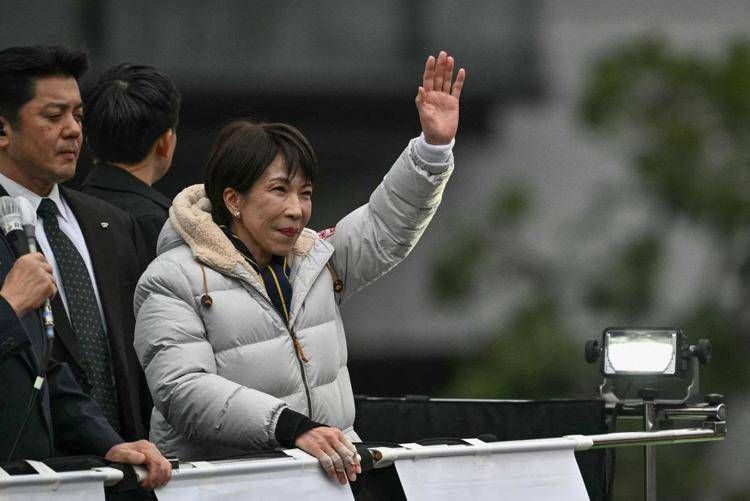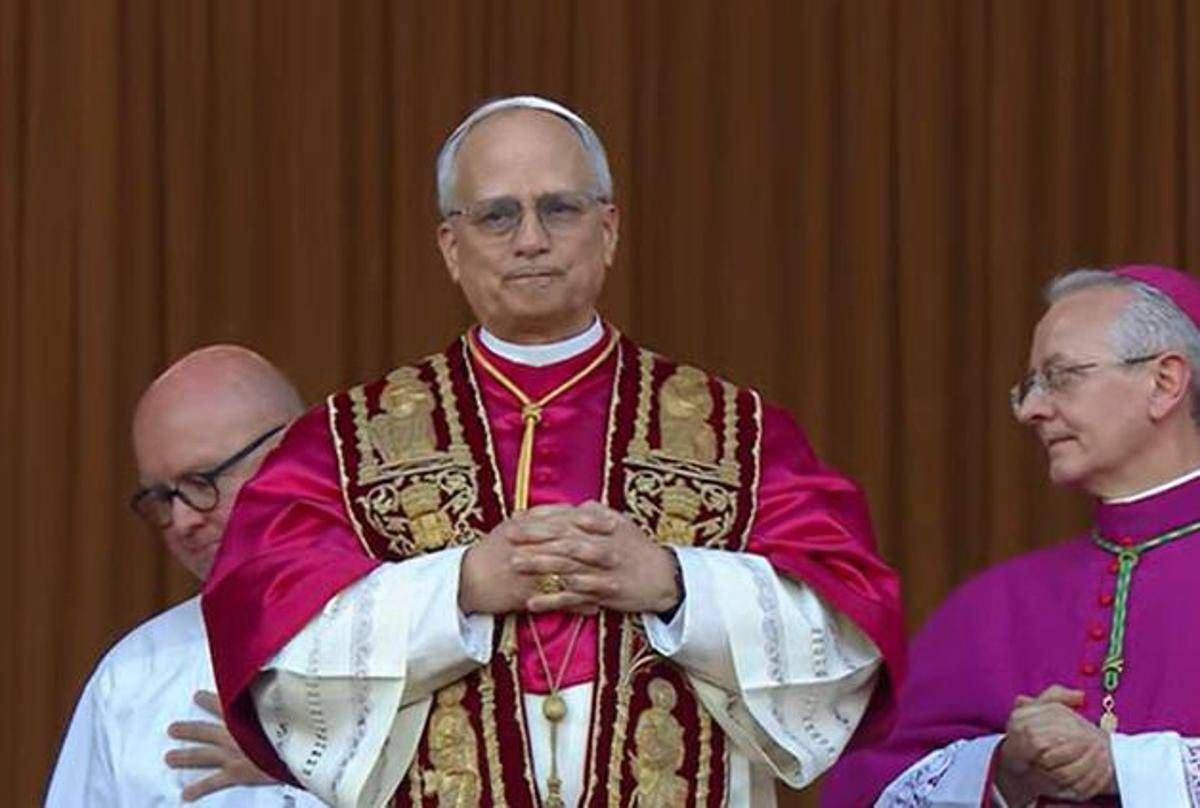
The Legacy of the Name Leo: 13 Popes Who Shaped Church History
-
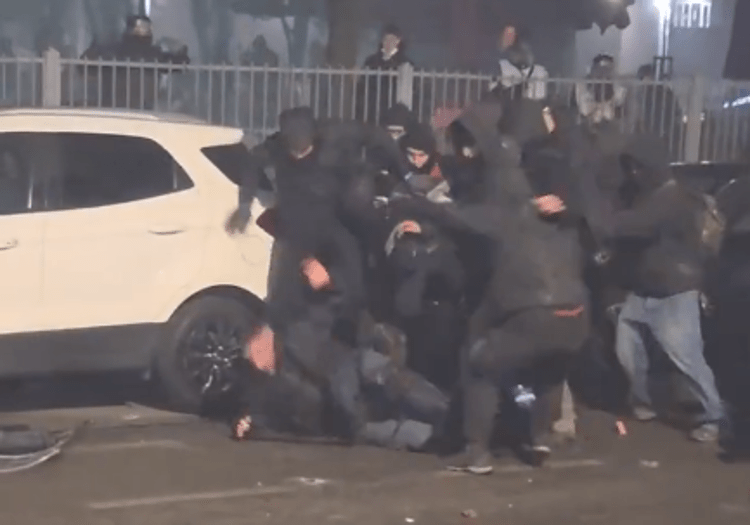

Video shock, poliziotto aggredito negli scontri di Torino
-


Alberto Trentini e Mario Burlò sono in Italia dopo la liberazione VIDEO
-


Overnight explosions in Caracas hit military area, widespread power outages reported VIDEO
-


Attacco Usa in Nigeria contro l’Isis, Trump: “Risposta al massacro di cristiani” VIDEO
From Leo I to Leo XIII, the name chosen by the new Pope Leo XIV recalls strength, tradition, and reform over 1,500 years of Christianity
The name Leo, now revived by newly elected Pope Leo XIV (Robert Francis Prevost), has a powerful historical resonance in the Catholic Church. It has been borne by thirteen previous popes, from the 5th to the early 20th century, many of whom played decisive roles in shaping Christian doctrine, confronting crises, and guiding spiritual and political transitions. The legacy of these pontiffs stretches across more than 1,500 years of Church history.
1. Saint Leo I the Great (440–461)
Known as Leo the Great, he is one of the most influential popes in Christian history. A Doctor of the Church, he was pivotal in defining Christian orthodoxy, especially through the Tome to Flavian, which was central to the Council of Chalcedon (451). He famously met Attila the Hun in 452, reportedly persuading him to spare Rome.
2. Leo II (682–683)
A Sicilian by origin, his pontificate lasted less than a year. He confirmed the Third Council of Constantinople’s condemnation of Monothelitism and showed a deep commitment to sacred music and liturgy.
3. Leo III (795–816)
Best known for crowning Charlemagne as Emperor of the Holy Roman Empire on Christmas Day of the year 800, Leo III helped forge the medieval alliance between the papacy and empire, inaugurating a new era of Christendom.
4. Leo IV (847–855)
After Saracen raids, he fortified Rome, building the Leonine City around St. Peter’s Basilica. He also promoted clerical reform and moral discipline within the Church.
5. Leo V (903)
His papacy lasted barely a month. He was deposed by antipope Christopher during the chaotic period known as the Saeculum obscurum or “dark century” of the papacy.
6. Leo VI (928)
Another short-lived pontiff during an era marked by heavy interference from Roman aristocratic families in papal elections.
7. Leo VII (936–939)
Chosen under the influence of Alberic II of Spoleto, he supported the Cluniac monastic reform, which would later be crucial to the Church’s moral and spiritual renewal.
8. Leo VIII (963–965)
A controversial figure installed by Emperor Otto I in place of Pope John XII. His legitimacy remains disputed due to the clash between imperial and ecclesiastical authority.
9. Leo IX (1049–1054)
A major figure of the Gregorian Reform movement, he combated simony and clerical concubinage. He was involved in the events leading to the Great Schism of 1054, though the definitive split occurred after his death.
10. Leo X (1513–1521)
Son of Lorenzo de’ Medici, he embodied the heights of the Renaissance papacy. His tenure saw a flourishing of the arts in Rome but also the outbreak of the Protestant Reformation, with Martin Luther’s 95 Theses in 1517. He excommunicated Luther in 1521 and is (possibly apocryphally) credited with saying, “God has given us the papacy, let us enjoy it.”
11. Leo XI (April 1605)
Nicknamed the “Lightning Pope,” his reign lasted just 27 days. A relative of French Queen Marie de’ Medici, his papacy ended before it could begin in earnest.
12. Leo XII (1823–1829)
A conservative pope, he opposed revolutionary ideas and worked to restore the Papal States’ prestige. He promoted public health reforms and reinforced ecclesiastical authority.
13. Leo XIII (1878–1903)
One of the most intellectually distinguished popes of the modern era, he authored the groundbreaking encyclical “Rerum Novarum” (1891), laying the foundations of Catholic social teaching. He sought dialogue with the modern world while upholding traditional doctrine.
The name Leo has accompanied the Church through nearly every pivotal era: from late antiquity to medieval crises, Renaissance exuberance to modern reform. Whether remembered for theological brilliance, political strategy, or social vision, the Popes named Leo embody a legacy of authority, resilience, and reform. In choosing this name, Pope Leo XIV signals a connection to a rich heritage of leadership at critical junctures in Church and world history.
THE LATEST NEWS
(Photo: © AndKronos)
-

 News19 ore ago
News19 ore agoSospensione delle bollette per il ciclone Harry nelle regioni colpite
-

 International-News9 ore ago
International-News9 ore agoAnderson and Greenwood seek removal of music from Melania documentary
-
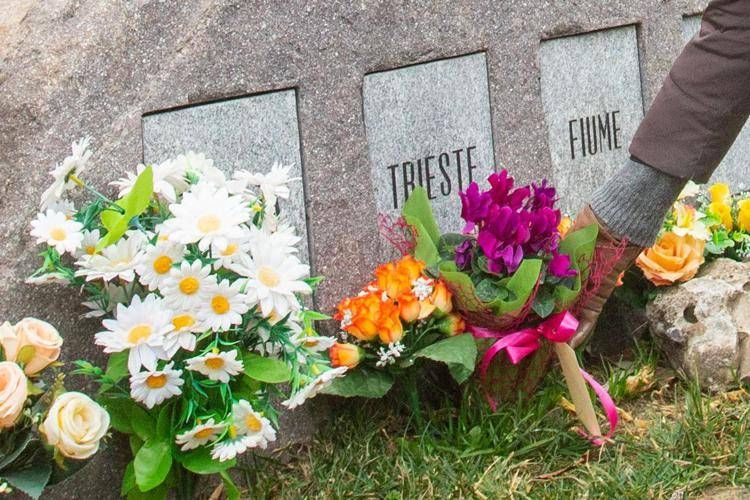
 Primo Piano21 ore ago
Primo Piano21 ore agoIl Giorno del Ricordo e le commemorazioni delle foibe in Italia
-
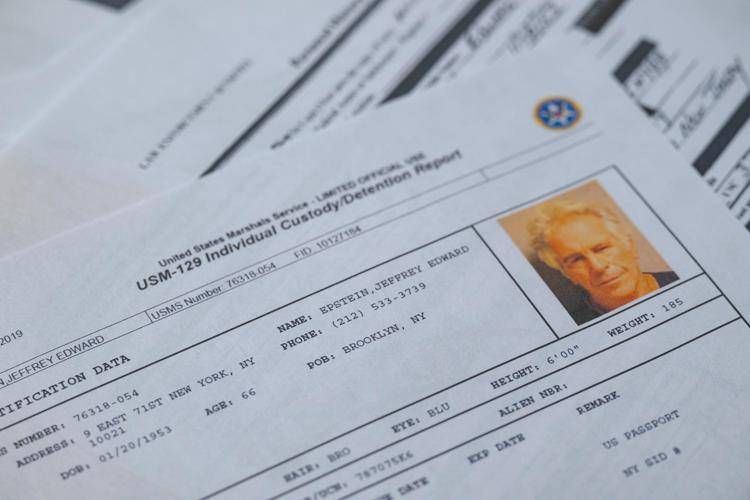
 Primo Piano20 ore ago
Primo Piano20 ore agoDocumenti su Jeffrey Epstein e i contatti con la Russia: cosa emerge


